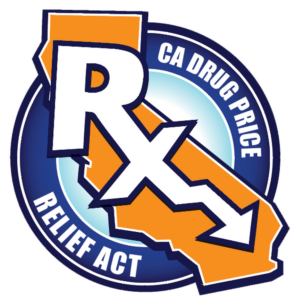California tries, fails to pass ballot measure addressing high drug prices
 A California ballot measure that would have limited how much the state government paid for prescription medications failed on Election Day after the pharmaceutical industry spent more than $109 million to defeat it.
A California ballot measure that would have limited how much the state government paid for prescription medications failed on Election Day after the pharmaceutical industry spent more than $109 million to defeat it.
Proposition 61 would have barred the state from spending more on prescription drugs than the U.S. Department of Veterans Affairs, which requires at least a 24 percent discount on pharmaceuticals, Kaiser Health News reports.
Consumers strongly supported the measure. They saw it as a major step in controlling skyrocketing drug prices, but big pharma spent millions on ads highlighting unforeseen consequences of the measure.
Drug companies made the case that the price cap would save money only for a select group of Californians, while forcing pharmaceutical companies to increase prices for everyone else. By the time the ballots were counted, nearly 54 percent voted against Proposition 61.
With Republicans set to control the White House and Congress, some health policy experts say the chance of federal action to control prescription drug pricing is eroding.
“The prospect for a broad measure at the federal level for doing something about pricing is probably zero,” Dr. Walid Gellad, an associate professor and director of the Center for Pharmaceutical Policy and Prescribing at the University of Pittsburgh, told California Healthline.
Although California’s ballot measure failed, he says efforts to rein in skyrocketing Rx costs will likely be made at the state level – with states pushing for more transparency about drug pricing.
More than a dozen states have considered proposals to require manufacturers to disclose how they price their products and to be more transparent about their research and development costs. Vermont’s governor signed a proposal in June.
It’s still too soon, Gellad says, to tell whether California or other states where proposals stalled or were defeated will reintroduce measures next year.
To learn more about the debate in Washington and state capitols, check out Voices’ “Big Pharma Politics” page.